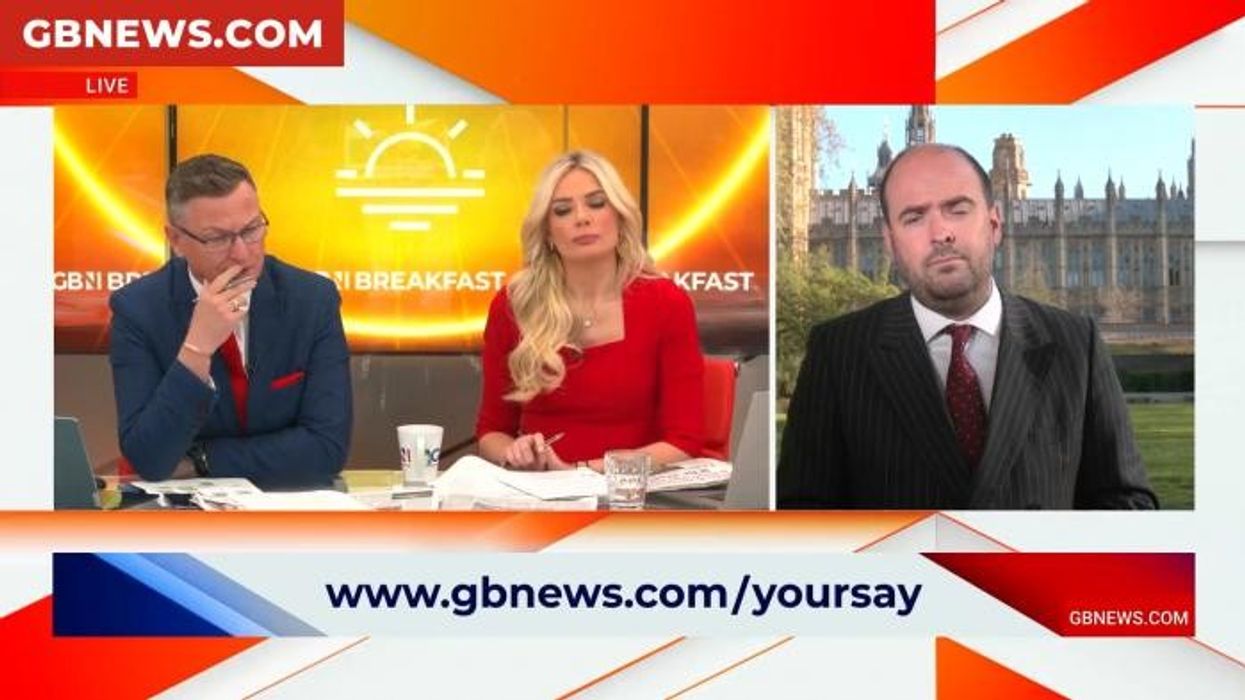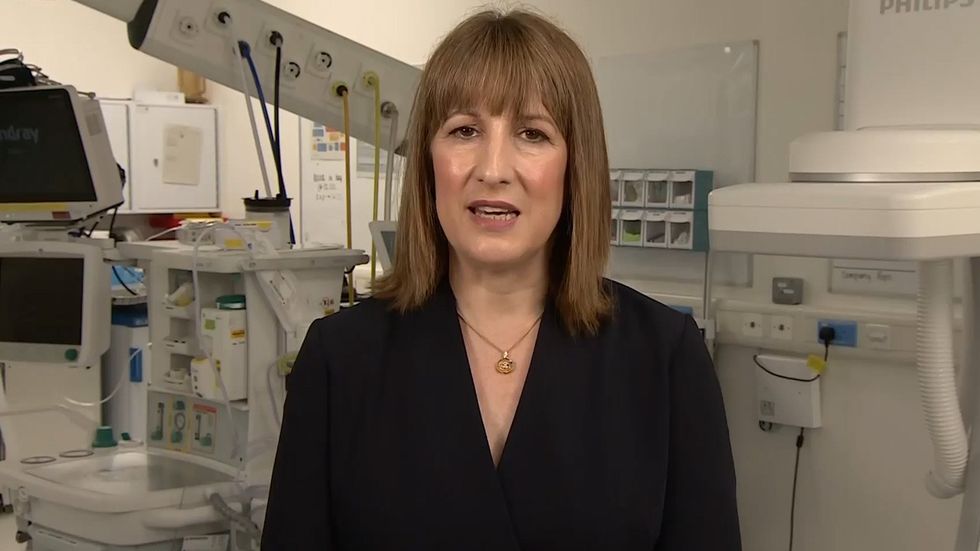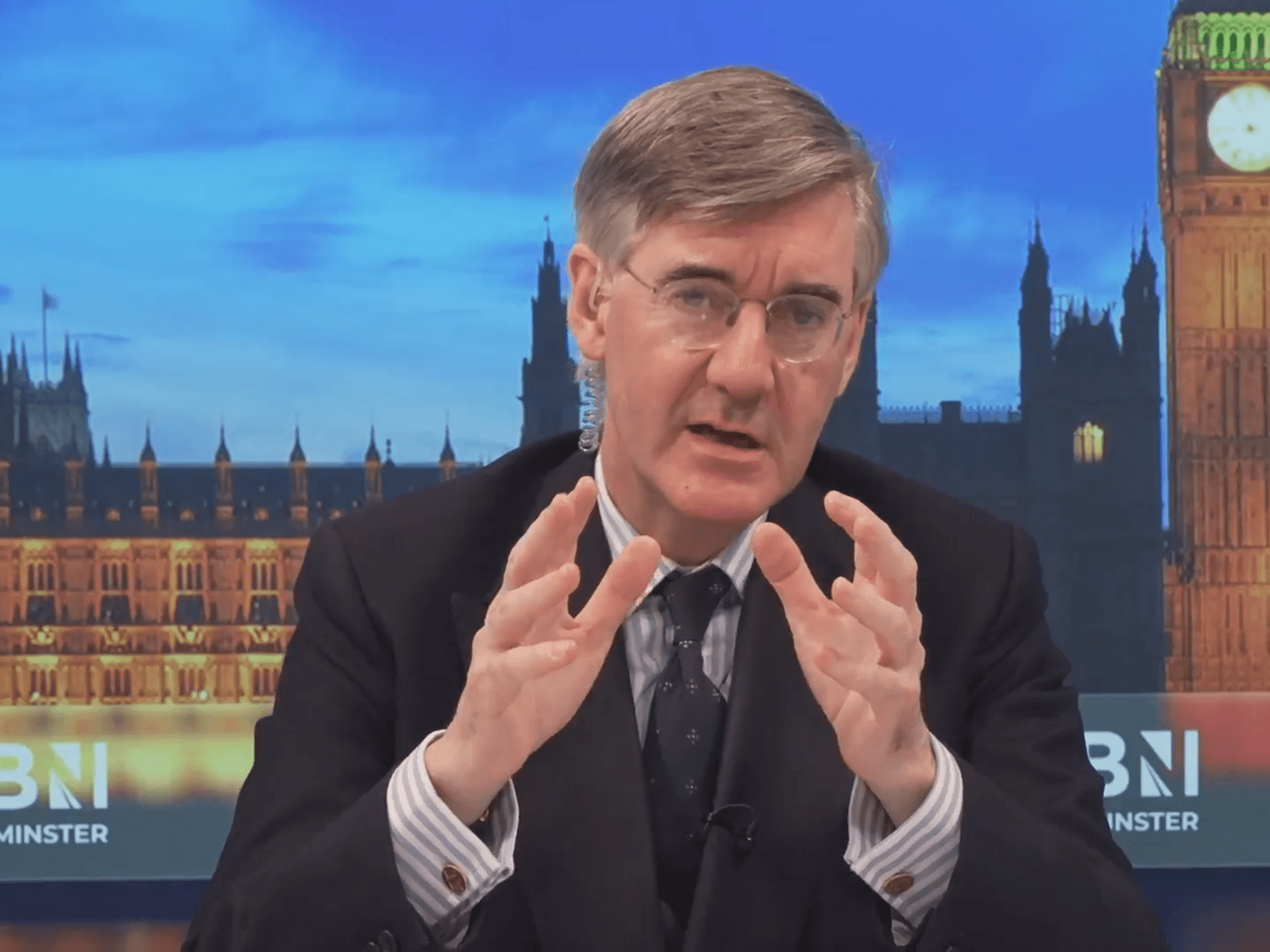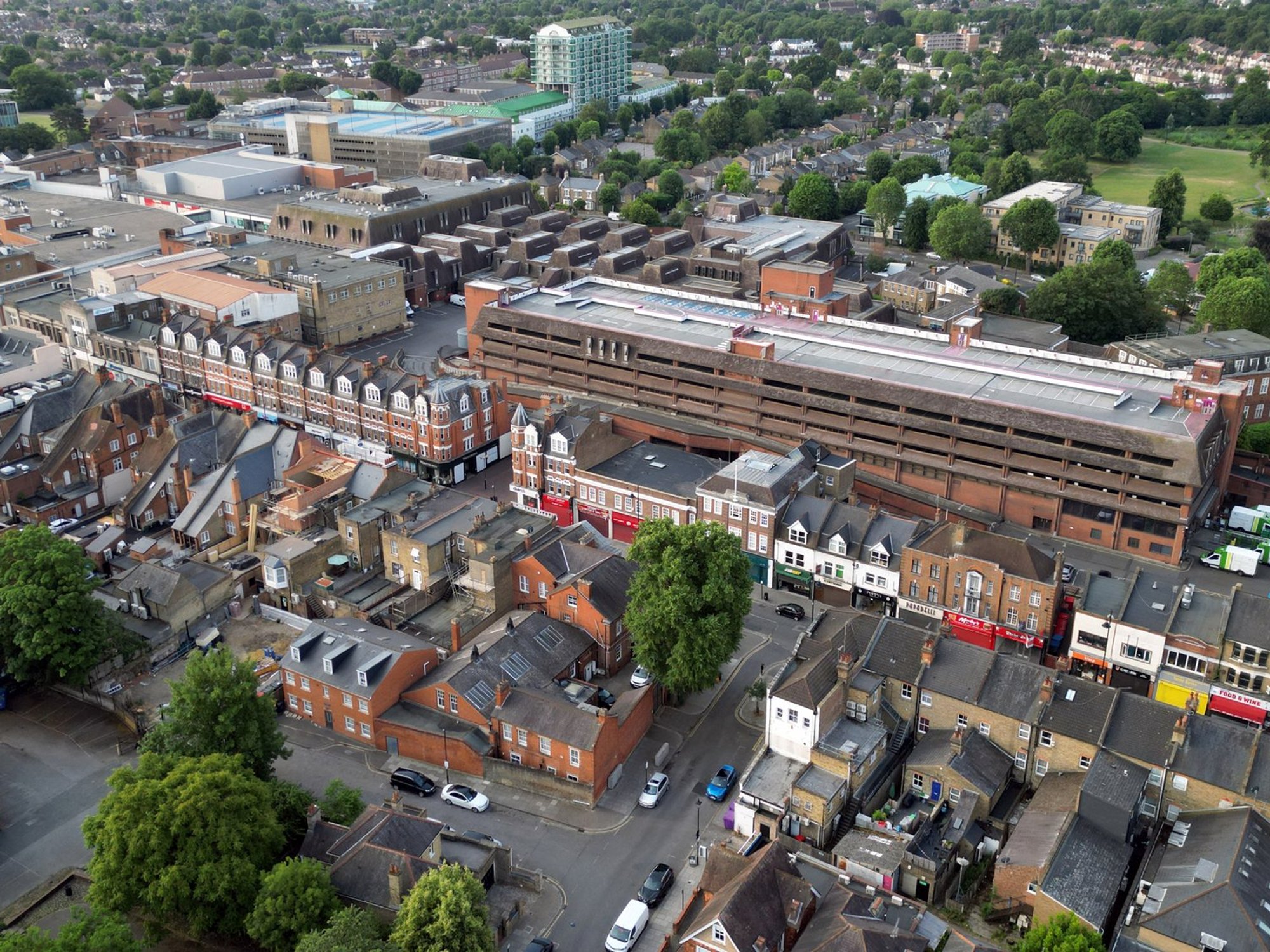Rachel Reeves has 'reached her limit': Britons warned six tax hikes loom after Labour U-turns and market turmoil

Richard Holden - GP Bonus Scheme a “Gimmick” Amid Funding Shortfalls and Tax Hikes |
GBNEWS

With markets closely watching the UK's borrowing levels, the Government has little room to increase debt, making tax hikes the most likely path to plug the funding gap
Don't Miss
Most Read
Latest
Chancellor Rachel Reeves is confronting a fiscal crisis of up to £32 billion following Government reversals on the benefit bill and winter fuel allowances, alongside surging borrowing costs and market chaos.
The benefits bill U-turn alone will cost £5 billion, but economists warn the total shortfall could reach £32 billion when factoring in Donald Trump's trade war and dimmer growth prospects.
Senior ministers are already preparing the ground for further tax increases. Pat McFadden, a Cabinet Office minister, warned on Wednesday there would be "financial consequences".
The UK's £2.8 trillion debt pile means even small movements in borrowing costs force significant fiscal adjustments. The Office for Budget Responsibility already expects annual debt interest payments to exceed £100 billion.
Persistent inflation has kept Bank of England interest rates elevated, adding to borrowing pressures. The OBR admitted this week it had consistently overestimated GDP growth, suggesting further downgrades ahead.
Financial markets reacted sharply on Wednesday as UK gilt yields jumped by 0.15 percentage points to 4.61 per cent, marking one of the largest single-day increases since Liz Truss's mini-Budget.
The pound fell nearly one per cent against the dollar as the sell-off intensified. The market turmoil coincided with images of Reeves crying during Prime Ministers Questions and Sir Keir Starmer failing to support her at the despatch box, fuelling speculation about her position.
Matthew Amis at fund manager Aberdeen warned: "If Reeves was to go, the obvious risk is if the Prime Minister decides to choose a chancellor that fails to understand the fraught fiscal position the UK finds itself in."
However, Downing Street has firmly denied speculation that Reeves could be ousted from her role, following a tense moment during Prime Minister’s Questions in which the Chancellor appeared visibly shaken.
A spokesperson for Starmer said Reeves has the "full backing" of the Prime Minister and has "not offered her resignation," adding: "The Chancellor is going nowhere."
City fears about a potential replacement for Reeves triggered the sell-off, with investors concerned about the UK's precarious fiscal situation. The spike in borrowing costs compounds the Chancellor's challenges, as even small rate movements significantly impact the government's massive debt servicing obligations.
Market concerns extend beyond Government finances to the broader economy. Mike Regnier, UK boss of Santander, cautioned against increasing the bank levy, telling BBC Radio 4: "Putting taxes up are not things that support a future growing economy. So we need to be quite careful."
Despite such warnings, analysts see tax increases as inevitable. Sanjay Raja at Deutsche Bank stated: "This should now be seen as the floor for tax hikes in the autumn. The risk is that Chancellor Reeves needs to dig deeper."
Raja estimates the Chancellor must find between £18 billion and £32 billion to maintain her fiscal rule of balancing day-to-day spending whilst preserving her £9.9 billion headroom.
Political realities have severely constrained the Chancellor's options. Raja added: "Recent events have confirmed one thing: spending cuts have likely reached their political limits."
He explained: "Put simply, Chancellor Reeves will likely see little room to engineer further spending cuts given the pushback seen around winter fuel allowances and welfare benefit cuts."
 The Chancellor's refusal to explicitly rule out an extension has fuelled speculation about the Government's future fiscal plans | GETTY
The Chancellor's refusal to explicitly rule out an extension has fuelled speculation about the Government's future fiscal plans | GETTYWith the economy still struggling and spending cuts off the table for political reasons, the Government has few options left. It cannot risk upsetting the bond markets by taking on more debt, meaning tax rises are likely to be the main way to raise money.
Pat McFadden confirmed the Government would “stick to the tax promises we made in the manifesto,” ruling out increases to income tax, employee National Insurance, or VAT.
Raja summarised the Chancellor's predicament: "Difficult decisions loom for the Chancellor. A confluence of forces deteriorating market conditions, trade wars, policy reversals and a potential reassessment of the OBR's structural growth assumptions make a downgrade of the fiscal outlook inevitable."
Raja predicted six new tax raids that could generate approximately £15 billion this autumn, though this may represent only the minimum required.
Britons are facing the prospect of higher council tax bills, a potential mansion tax, more stealth tax through frozen income thresholds, and possible cuts to pension tax-free allowances.
The tax-free personal allowance is expected to remain frozen at £12,570 for a decade, even though it would have risen to £16,350 by 2027 if it had kept pace with inflation.
The Government may raise the bank levy from three per cent back to its previous rate of eight per cent, potentially generating an extra £1.5 billion.
The levy was originally cut to help offset the rise in corporation tax from 19 to 25 per cent.
Regnier said: "Santander lends £7,500 for every single person in the UK. That lending is what the economy needs to grow. And if you don't have a strong banking sector, you won't get that support."
Raja warned that worsening market conditions, trade wars, and policy U-turns make a downgrade of the UK’s fiscal outlook likely.
He predicts at least a £15 billion tax raid in the autumn, calling this the "floor" for potential tax hikes, with the risk that Reeves will be forced to go even further.
 Chancellor Rachel Reeves said there was 'more to do' to bring down inflation and help with the cost of living | GB News
Chancellor Rachel Reeves said there was 'more to do' to bring down inflation and help with the cost of living | GB NewsThe predicted tax raids would target multiple revenue streams across the economy. Council tax increases would hit homeowners directly, whilst a mansion tax would specifically target high-value properties.
Fiscal drag through frozen tax thresholds represents a stealth tax affecting millions. The personal allowance would remain at £12,570 for potentially a decade, rather than rising to £16,350 by 2027 as would have occurred with inflation adjustments.
Pension raids would reduce the tax-free lump sum available from age 55, affecting retirement planning for millions.
The bank levy restoration from three per cent to eight per cent would reverse Conservative cuts designed to offset corporation tax increases.
These measures combined would raise the £15 billion minimum Deutsche Bank considers necessary, though analysts warn this figure represents "the floor for tax hikes in the autumn" with deeper raids potentially required.
More From GB News










